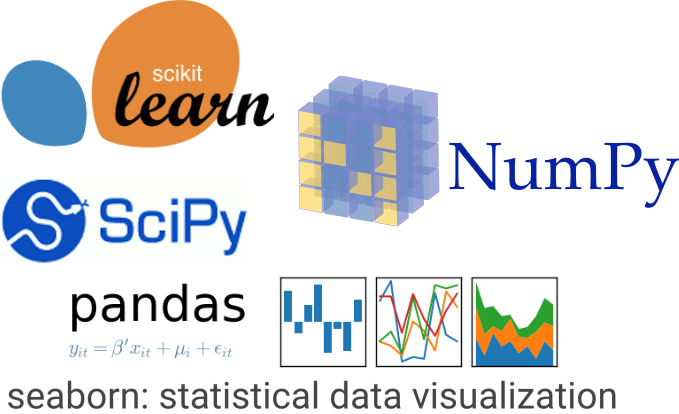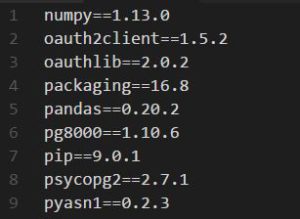

# This command will attempt to load all modules and produces errors # for modules that have deprecated functions or require prerequisite # software before loading. > help('modules') Please wait a moment while I gather a list of all available modules. Type "help", "copyright", "credits" or "license" for more information. This is method is the most general way to list packages, but can be very slow. This command will attempt to load all installed modules and can sometimes produce errors for modules that have deprecated functions or require prerequisite software before loading. The python interpreter’s built in “help” function can list and provide details for any installed package/module. Not all packages were installed from the Python Package Index (PyPI) and these packages should be queried differently. Python will search the user directory before the central install location, so it is important to keep user installed packages up to date or remove them in preference to the globally installed versions.

To print a list of user-installed packages in your user directory ( ~/.local), add the “ -user” option and it will limit the scope of the output. scc1$ module load python3/3.7.7 scc1$ pip list Package Version

Because most of our packages are installed this way, this is the fastest way to list package information. The “ pip” command with the “ list” method will print a list of all centrally and locally installed PyPI packages and their versions. List “pip” Installed Packages from PyPI Centrally Installed Python Packages

Most of these are general purpose libraries made available from the Python Package Index (PyPI). The python installations on the Shared Computing Cluster (SCC) include many common python libraries and packages.


 0 kommentar(er)
0 kommentar(er)
